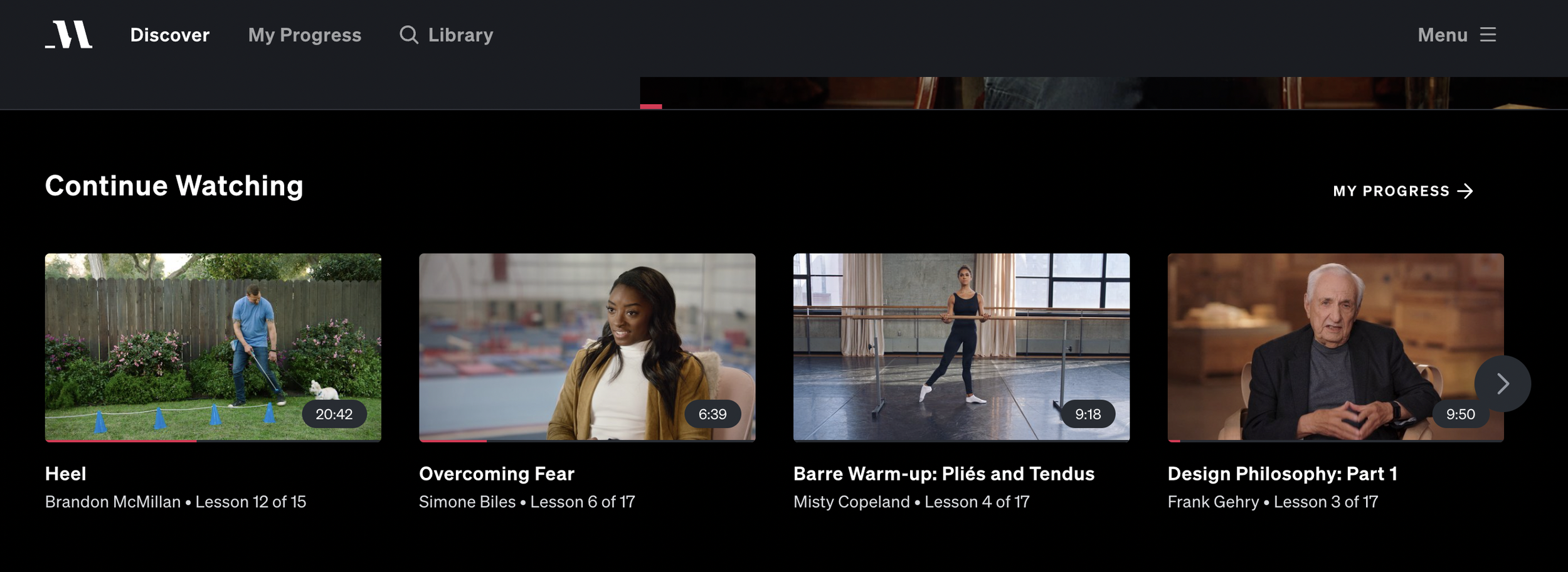We don't have to be masters.
Last Father’s Day, I gave my dad a subscription to MasterClass. He’s always been a lifelong learner: consumes books faster than I can eat my lunch, and between being retired and the pandemic, I thought MasterClass could be a real hit. (If you aren’t familiar with it, MasterClass is the popular streaming platform, where celebrity instructors guide the rest of us mere mortals through seminars in their specialty. Think Steph Curry on basketball drills, Simon Biles on gymnastics, Aaron Sorkin on screenwriting.)
And while not the impetus at all, they were offering a deal where if you bought one subscription, you got another one for free. I succumbed to the lure of listening to Alicia Keys playing the piano and talking about how she composed one of her many hits, all on a beautifully-lighted stage, speaking directly to me, her sole student, as though we’ve been in a teacher-student relationship for years. I signed myself up for the free subscription. I was genuinely psyched.
I could already feel a more renaissance me taking shape.
And then, as if on cue, fizzle. I didn’t go. I thought about it. But I didn’t go. Those up close and personal moments from masters I truly admire were never farther away than my laptop, and still – amazingly – I scarcely managed to visit.
I know I’m not alone. There are articles literally every January that detail dozens of life-hacks for “sticking” with our resolutions. Still, the question nags at me: What prompts us to bail on these types of intentions that we self-select? Sure we can blame busy schedules but that’s just an excuse. It feels like something more.
This week I was in a coaching session with a law firm partner. She considers herself successful and believes in her talents, but finds herself shying away from business development. She fears, she said, she won’t be successful. So rather than try, it’s easier to hide in the caseload she already has.
Tackling a new skillset is undoubtedly different than “en-learn-tainment” but perhaps the reason for opting out is similar: fear of failure. Fear of recognizing how spectacularly hard it is to become excellent at something new. I wonder then, if we let go of that idea of excellence just for a minute, and allowed ourselves to simply be novices, with no expectation of mastery ahead, would we engage more readily? Would we be more successful? Would we do more than just enjoy the title change or enroll in the class? Maybe we would actually show up.
Maybe we're taking ourselves too seriously -- constantly setting goals and pushing for growth, when really we just need some good old fashioned playtime. Stanford professors, Bill Burnett and Dave Evans define adult play as "an activity that brings joy just for the pure sake of doing it. It can include organized activity or productive endeavors, but only if they are done for fun and not merit." Turns out, adults need recess too. I definitely could have approached MasterClass as recess. (Let's be clear I didn't really think I was going to somehow learn to do a double back handspring no matter how compelling Simone might be.) But somehow I saw it as something to work through, to conquer, to achieve. Shonda Rhimes, a master herself and an advocate of adult play offers this how-to for those of us who need a little help letting go of that merit part.
I don't think I'm likely to master anything in the final days of my subscription, but maybe I can try my hand at just playing around. After all, what better time? Summer is the season for it.
To taking risks and fun in the sun!


